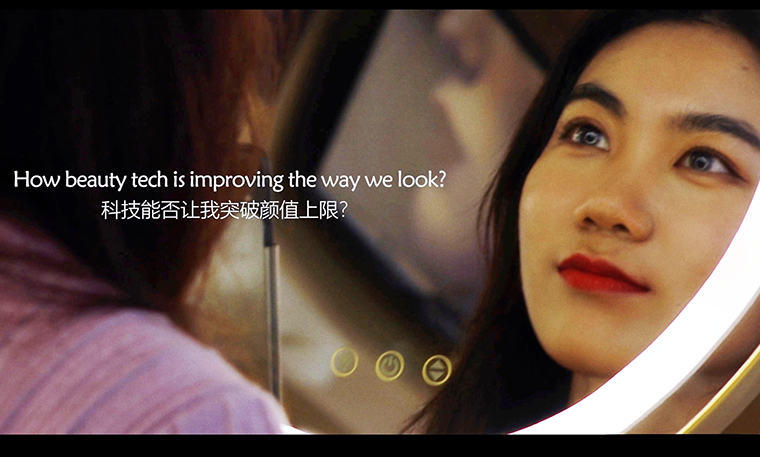John C. Thomson -- a witness of U.S.-China cultural exchanges over decades
WASHINGTON, Nov. 17 (Xinhua) -- John Charles Thomson had some intriguing details to share with Xinhua about his 35-year-long China-related career.
The retired American diplomat, better known as Tang Zhanxi in China, remembered all those historic moments he witnessed during the development of U.S.-China relations, including various fascinating details.
"I had a wonderful career dealing with China. It's been a wonderful experience watching China change," said 80-year-old Thomson.
BOND WITH CHINA
Thomson developed an interest in the Chinese language in the early 1960s when he was in Okinawa, Japan with the U.S. Marine Corps, during which he picked up some Kanji, as Chinese characters are called in Japan, when he was trying to learn Japanese.
Back in the United States, he enrolled successively in Chinese programs at San Francisco State College, Ohio State University, and the University of Minnesota and ended up with a B.A. in Chinese Language from San Francisco State University, and an M.A. in East Asian Studies from Harvard University.
Upon leaving Harvard, Thomson chose to join the U.S. Information Service (USIS) to bring his Chinese language ability into full play at the recommendation of his tutor John King Fairbank, a well-known American historian of China.
Thomson was later on transferred to Beijing as a cultural affairs officer at the U.S. Liaison Office in Beijing in June 1978, about half a year before the establishment of U.S.-China diplomatic ties.
"There weren't a lot of activities in Beijing," recalled Thomson, who arrived at the Capital Airport with his family on an old Russian-built plane late in the evening. "We were on the road into the city. It was completely dark. Every a hundred meters or so, there would be a streetlight ... Every so often there'd be an ox-cart to go around."
He said that he was amazed by modern-day China, with its high-rise buildings, well-dressed people, and cities buzzing with economic activities.
A NEW PAGE
Thomson recalled that in July 1978, Frank Press, science and technology advisor for President Jimmy Carter, led a delegation of senior representatives from government agencies to Beijing, during which the two sides agreed to exchange students and scholars.
On Dec. 26, 1978, 52 Chinese scientists boarded a plane and headed for Washington, thanks to the persistent and joint efforts of Thomson, his colleagues, and Chinese education officials, who had been working around the clock to realize the high-profile exchange ahead of schedule.
"It was snowing at the airport. We shook hands with all of them as they left ... In two years, they went back and made major contributions to China's development. It's really amazing," Thomson said.
Roughly a month later, on Feb. 23, 1979, the first group of eight American students arrived at the same airport. Thomson was also there to welcome them, together with the Chinese hosts.
By the time Thomson left Beijing in 1981, there were more than 8,000 Chinese scholars and students studying in the United States, hundreds of U.S. scholars and students in China, and over 80 sister-school cooperation agreements already inked between the two sides.
DEEPER UNDERSTANDING
Thomson was back in Beijing in 1984 when then U.S. President Ronald Reagan visited China. He was tasked to supervise the Chinese translation of relevant treaties and agreements.
"We may live at nearly opposite ends of the world. We may be distinctly different in language, customs, and political beliefs. But on many vital questions of our time, there is little difference between the American and Chinese people," Reagan said in his speech at the Great Hall of People.
Echoing Reagan's call for "mutual respect and mutual benefit" between the United States and China, Thomson said he agreed and believed that most people feel that way.
"People in both countries share this common desire for peace and prosperity and security. And there's no question about that," Thomson said.
THE BIGGER PICTURE
"To me, U.S. relations with China are like a cycle that goes up and goes down ... We'll try to work on the differences, but I hope we can emphasize cooperation," Thomson said.
"There's a lot we can cooperate on, with climate change, environment, counter-terrorism, you name it. I hope we'll focus on those," he added.
The veteran diplomat's latest visit to China was in 2002, and he went on to live there until 2014, during which, he served as director for U.S.-China education and cultural exchanges in several programs or at institutes.
"What I enjoyed the most about being in China was spending time with Chinese people, being able to use their language, to share common enjoyment for food, for history and literature, and making exchange programs work," he said. "That to me was the most satisfying thing."
Photos
Related Stories
- Key quotes from Chinese President Xi Jinping at China-U.S. virtual meeting
- Commentary: Responsible Washington needed for sound China-U.S. ties
- Commentary: Xi-Biden virtual meeting charts course for bilateral ties
- Full Text: Transcript of Chinese Vice Foreign Minister Xie Feng's interview with press on China-U.S. presidential meeting
- Experts say Xi-Biden virtual meeting sends positive signal on China-U.S. ties
Copyright © 2021 People's Daily Online. All Rights Reserved.










